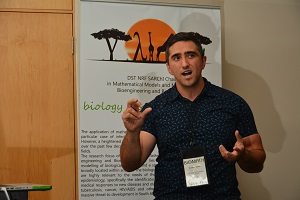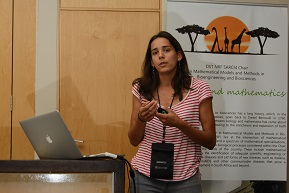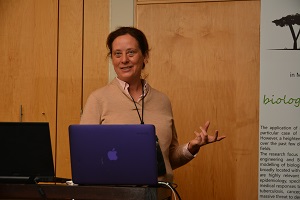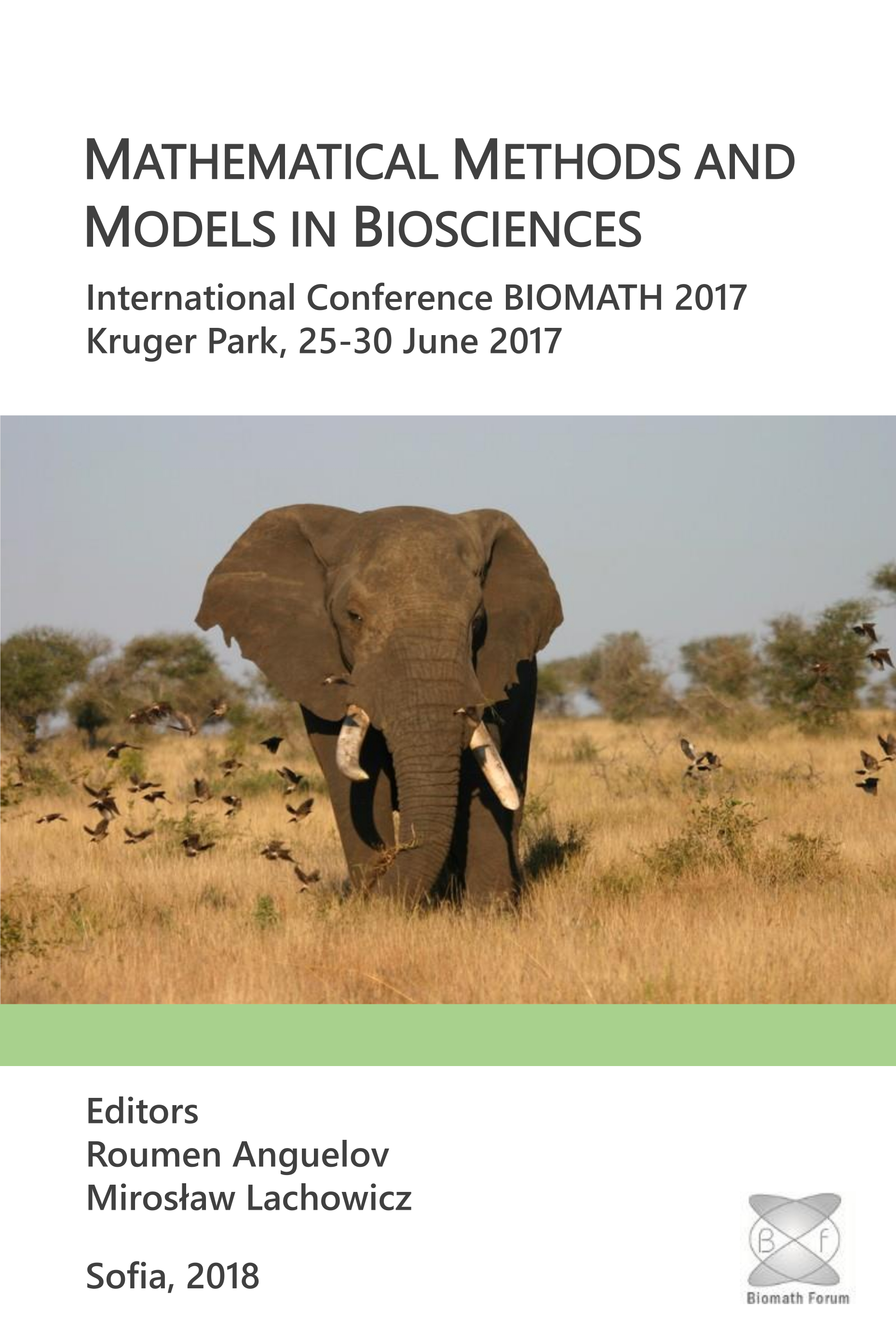Under the sea: Pulsing corals in ambient flow
DOI:
https://doi.org/10.11145/texts.2017.11.197Abstract
While many organisms filter feed and exchange heat or nutrients in flow, few benthic organisms also actively pulse to enhance feeding and exchange. One example is the pulsing soft coral (Alcyonacea: Xeniidae). Pulsing corals live in colonies, where each polyp actively pulses through contraction and relaxation of their tentacles. The pulses are typically out of phase and without a clear pattern. These corals live in lagoons and bays found in the Red Sea and Indian Ocean where they at times experience strong ambient flows. In this paper, 3D fluid-structure interaction simulations are used to quantify the effects of ambient flow on the exchange currents produced by the active contraction of pulsing corals. We find a complex interaction between the flows produced by the coral and the background flow. The dynamics can either enhance or reduce the upward jet generated in a quiescent medium. The pulsing behavior also slows the average horizontal flow near the polyp when there is a strong background flow. The dynamics of these flows have implications for particle capture and nutrient exchange.Downloads
Published
2017-12-06
Issue
Section
Conference Proceedings
License
This books series is distributed under the terms of the Creative Commons Attribution License (CCВ BY 4.0), which permits unrestricted use, distribution, and reproduction in any medium, provided the original author and source
are credited.





